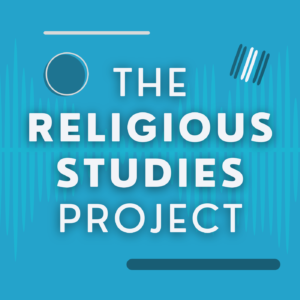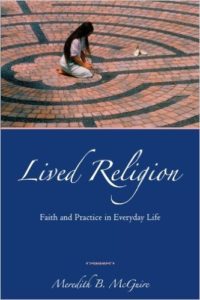
Religion, gender and corporeality
How can religious studies be informed by theories around gender and corporeality? How is gender expressed in today’s women’s spirituality and in religions that consider femininity to be a way to access power around sexuality and procreation? When it comes to the study of gender and religion, …


